Artificial intelligence (AI) tools are here to stay. Whether it is ChatGPT, AI image generators, or other emerging AI tools that seemingly create something from nothing (a misnomer, by the way), they are becoming more accessible and easier to use. Of course, in my career and artistic pursuits, I’ve often found myself relying on these tools to generate new ideas or help me create content faster. But, in recent weeks, I’ve come to the realization that this convenience comes at a long-term cost: I’m losing my creative edge, that unique spark, that allows me to come up with something truly new. But more importantly, I’m losing “me”.
In this piece, I want to briefly share my experience with AI and why I think it has become more a detriment to me and, I think, to society as a whole.
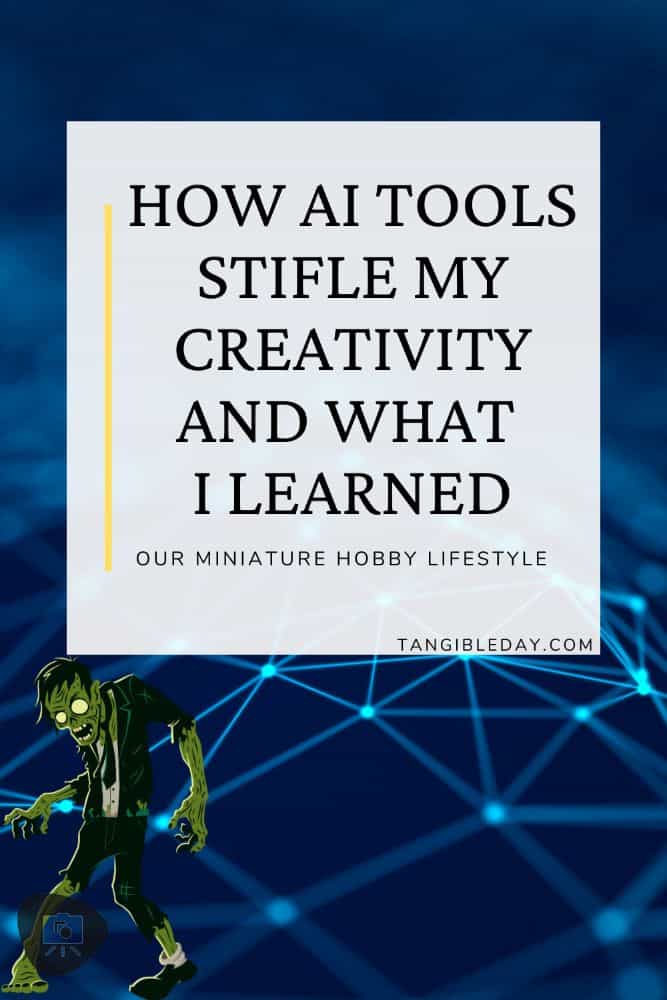
Summary (TL;DR): Over reliance on AI kills creativity
Artificial intelligence tools, while efficient and innovative, have a dark side. My personal journey revealed how over-reliance on them led to a stifling of my creativity and a loss of self-identity. These tools, especially when leaned on too heavily, can become like a drug, providing immediate gratification but eroding the genuine joy of accomplishment and self-growth.
My Encounter with AI’s Subtle Erosion of Creativity
As with many of you, ChatGPT blasted my social media and news feeds when the AI bot was first released.
Everyone was trying it out and seeing what kind of conversations they could have with this robotic, yet apparently intelligent being.
Being a content creator, a blogger, I immediately saw the potential for ChatGPT to help me come up with new ideas or even to generate content from scratch. I jumped in and started experimenting.
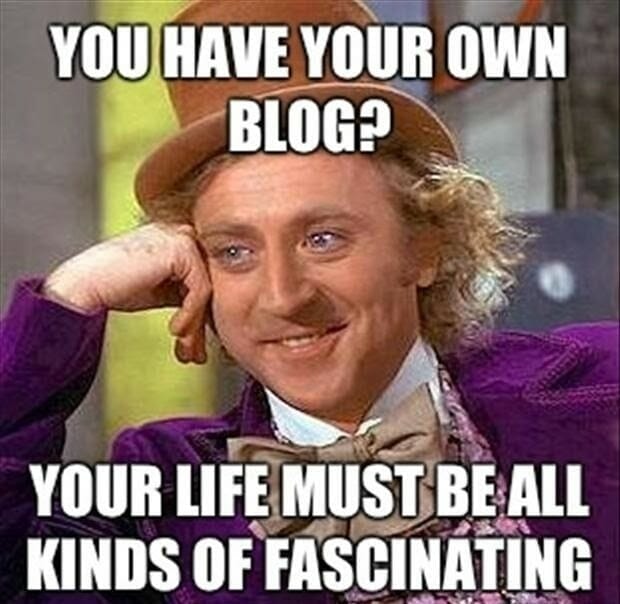
And, certainly in those first few weeks of the honeymoon, AI and I danced. We came up with beautiful things that I believed were so cool and fun. I didn’t realize that there was a ghost following me. A sinister shadows that haunted everything I made through AI.
Little did I know, what I created with AI wasn’t “mine” or “me”. It was tainted with “you and us”.
Some dangers in life kill instantly. Others take their time and slowly erode away the core of you. What is the best way to cook a lobster? Low and slow.
What AI did to me, I believe, is similar. It snuck inside my life and started slowly killing my creativity as it became an easy go-to answer for when I needed something new or exciting.
The Impact of AI On Creativity
Although I’m not 100% against the use of AI as a content creation tool when used properly (check out this helpful way to use ChatGPT as a miniature painter and tabletop RPG gamer), it is a drug.
Yes, AI is a drug–a tasty, legal, and highly rewarding drug.
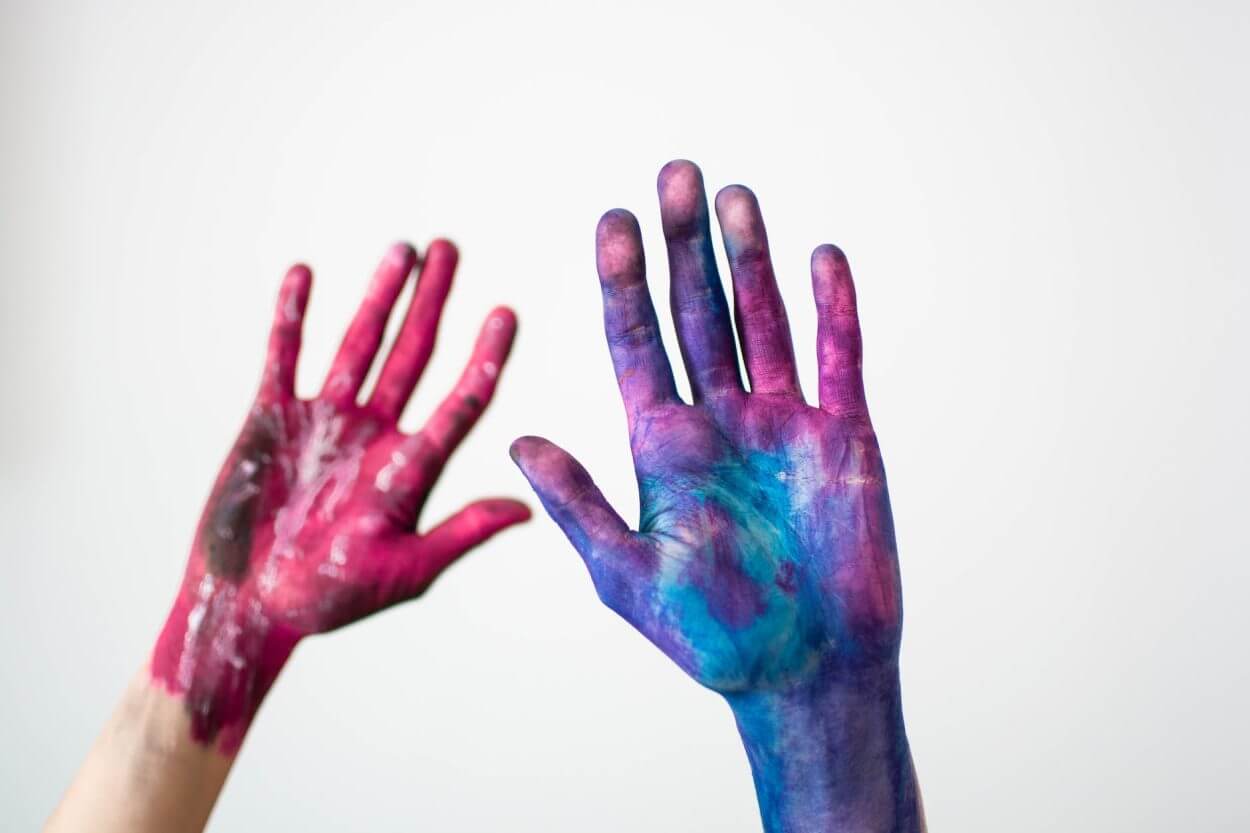
When I’m stuck for words when responding to a business email, ChatGPT can spawn just the right words to shape the conversation…And, I feel guilty for pressing the send button even though I know I could have done the same word-smithing (albeit it would have taken me a lot longer!).
Suffice it to say, that many have written about this topic: AI can help us finish mundane tasks faster, giving us more time to spend on creative endeavors.
Of course, the problem arises when we start going to AI for those creative endeavors.
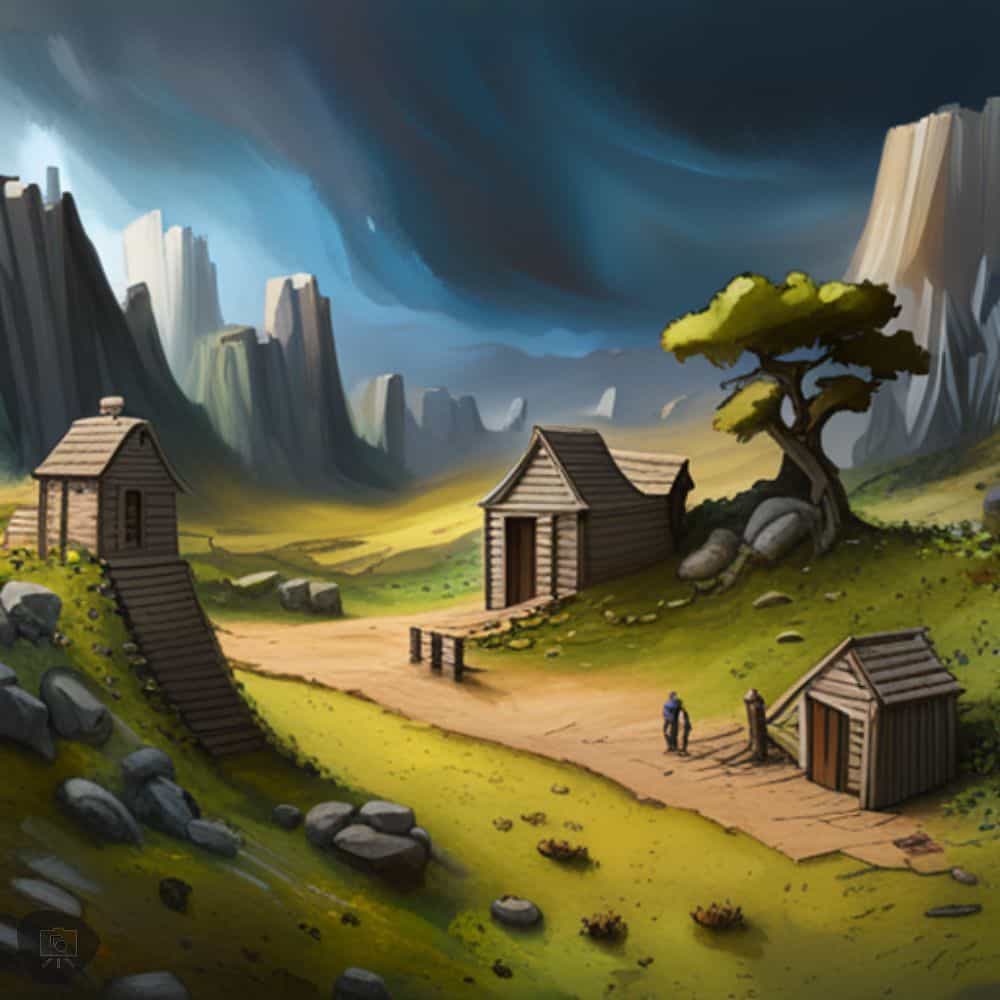
When I’m writing a short story, or trying to find a creative means for crafting a sentence that feels good to me, I now lean into AI to speed things along. I don’t chew words and ideas anymore.
And that’s the problem: I’m not allowing myself enough time to struggle with concepts and ways of thinking that are wholly mine. I’ve become accustomed to asking a computer algorithm to think about the topic for me.
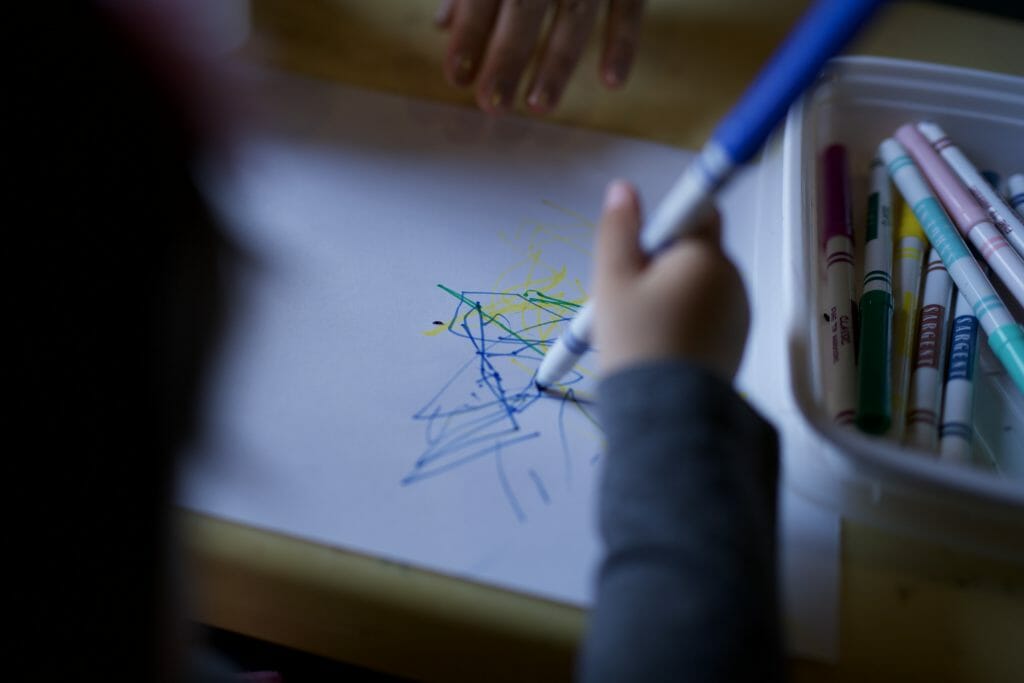
AI is too easy for me to use. Creatively-speaking, I’m smothered by the ease, output, and pleasure of getting to the “answer” of my “self-seeking” introspective problems.
And why is that?
AI is Crowd Sourced Ideas Jumbled Together
I’ve been using AI way too much. And, the realization that AI chatbot tools are merely cobbling together the thoughts of many, many, many people is what prompted me to take a step back.
Sure, it may be able to produce an output that seems personal and creative, but in reality, it’s simply combining the experiences and thoughts of others.
At best, AI chatbot tools can help me generate ideas. But, when I’m relying on these tools to come up with something truly new and creative? I’m just asking other people to think for me.

Are You Really Unique?
This is the struggle, too: Am I truly unique? If every idea on planet Earth at some point is recorded and regurgitated, then what new thing could I, as an individual human, bring to the world?
How de-motivating! How depressing.
It is no wonder that people attempt death-defying feats to feel alive. Want to be special? Try climbing Mount Everest…well, until you realize you can join a guided tour with a team of Sherpa to help you up there.

(Yes, I’m aware that you still need a level of physicality and skill to do such a thing. But it’s not like hundreds of people have already accomplished it).
Well, maybe exploring the deepest depths of the ocean is your cup of tea. That’ll make you pretty special, won’t it? Unless you implode.
So, yeah. I don’t have a good answer to: Am I special?
And, more importantly, does that even matter. Another idea to chew. Maybe I’ll ask ChatGPT!
Why I Think AI is Making Me Less Creative
AI tools have limits.
When you’re in the AI tool space, it’s like being in a room without doors, only windows. You think you can walk outside because you see beyond the room, but you’re trapped. There are real boundaries to AI, walls to its knowledge, and the illusion that it’s infinite is a trap.
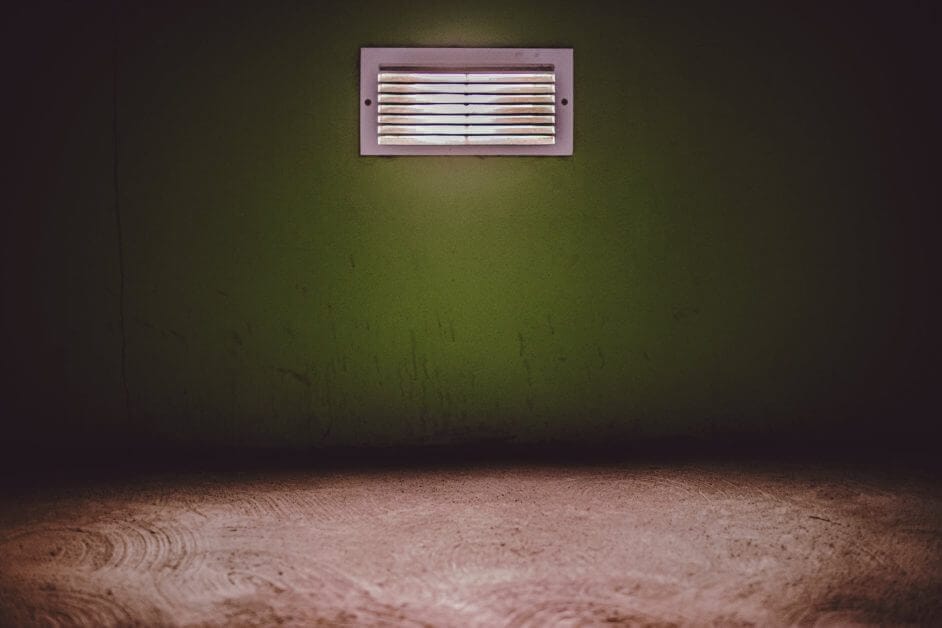
What I’ve realized is that relying on these tools ends up pushing me to create the same thing over and over. All the AI tool does at a certain point is re-create what has already been created, except it has a new coat of paint.
If you think deeply about what you’re actually doing, then this virtual reskinning of ideas becomes more apparent. AI-created content will eventually hit an asymptote, a mathematical barrier where it cannot go beyond what was already created.
AI tells me things I should already know.
When I’ve prompted ChatGPT to help me come up with new miniature painting color schemes for my Warhammer 40k Tau army, it merely regurgitates what I already know about color theory.
I don’t want more empirical knowledge about color. I know how warm tones work against cooler hues. Contrast certainly does all the work. But, now I want to create beyond what “science” tells me to.
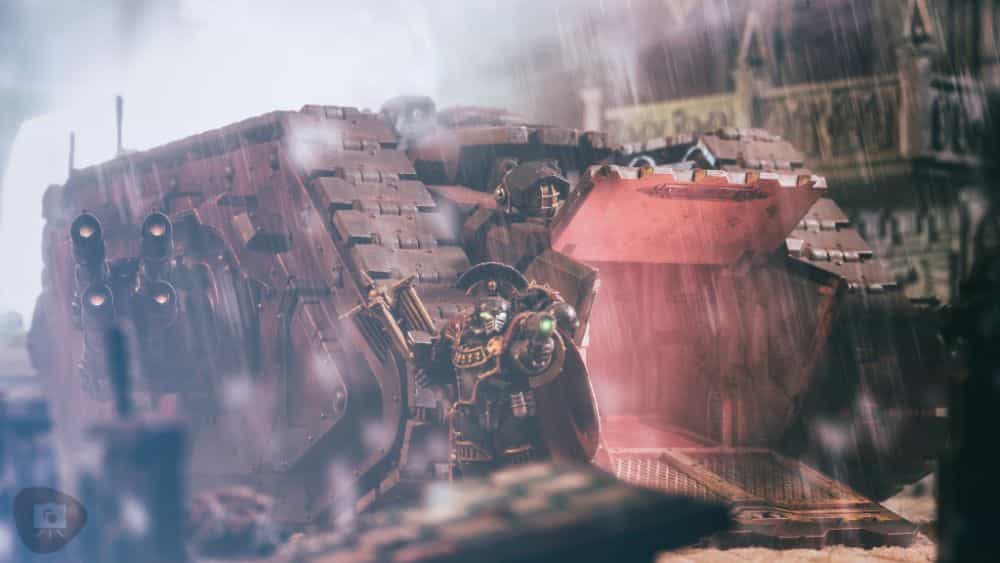
Define the media, pigments, and techniques that will make something “grimdark“. I want a foreboding style, juxtaposed against hope. How would AI consider painting this?
Boring ways, I tell you. ChatGPT becomes prescriptive, telling me that desaturation is what you need to do…balanced by brightness. Maybe that’ll work.
But, how does it know that? That’s because I wrote one of the seminal articles on the concept of grimdark miniature painting. And what I see AI doing is telling me the same thing mixed in with a bit of other author ideas.
For the new miniature painter who is looking for ideas to get started, maybe this is wonderful for gaining insights and inspiration. But, if I dive into a horror novel and I envision some Lovecraftian creature, does AI superimpose itself over my own mind’s eye of what that “thing” should look like?
Indeed, AI becomes a crutch because it’s not unique at all. Trying to be unique, makes us anxious.
AI Drains the Joy Out of Success
Leaning too quickly into AI in my experience, leads to a kind of artistic stagnation. Discovery isn’t important anymore. Failure is taken out of the equation, and as much as I hate failure, it sucks the life out of success.
Here’s what I mean: Reliance on AI has led to a loss in my critical thinking. I don’t examine my work, e.g., miniature painting, written material, with the same depth and hyper-focus. I don’t dig deep into each word or brushstroke.
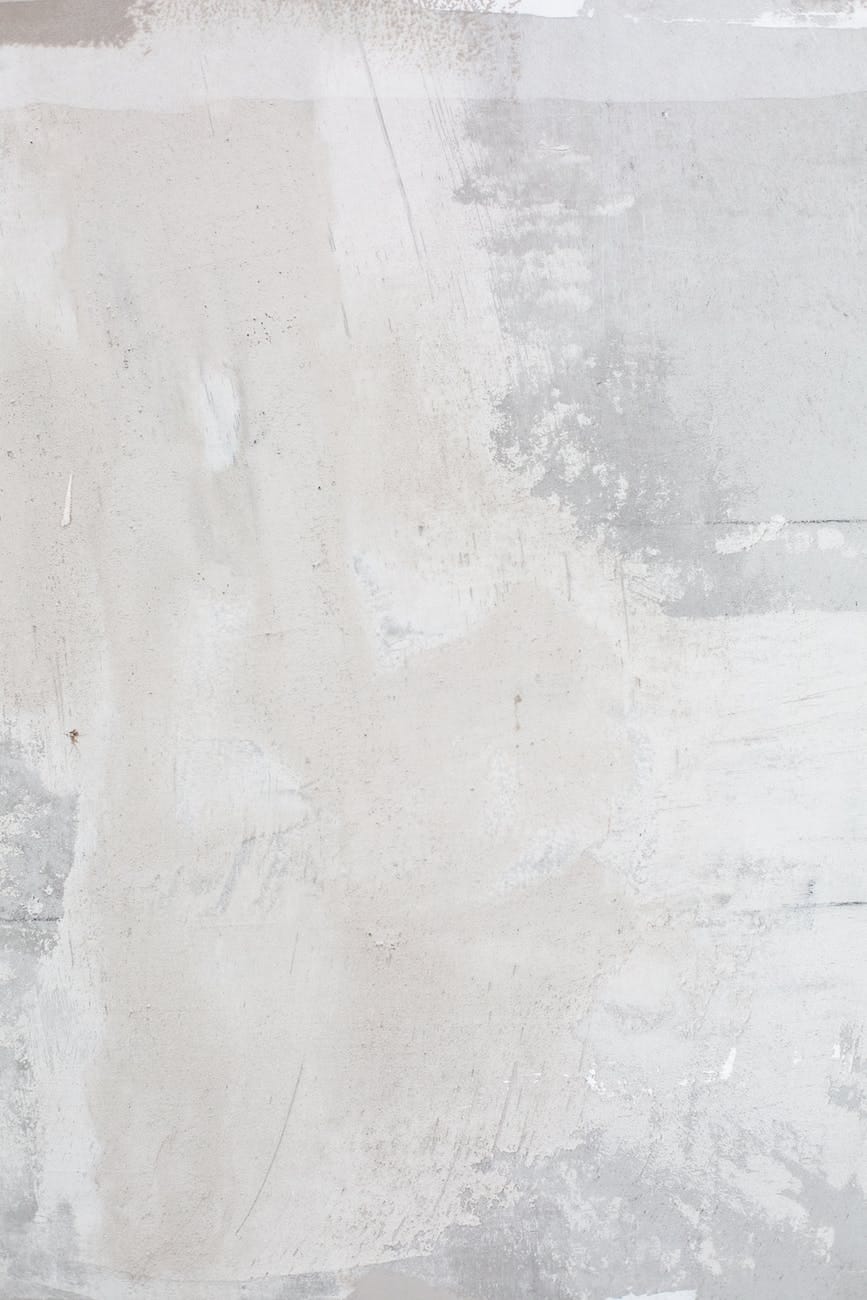
Because AI created chunks of whatever I made, I automatically defer to its judgement. And, that is a travesty! This is worse than a loss of originality. It is a poison that sucks the life out of my humanity. Melodramatic, maybe.
Yet, no. I am less human because of the AI’s quickness to take over creative endeavors. Here’s why: Humans love discovery. The cost of discovering things, however, is the ever-present danger of failure. The anxiety of failure or, worse, ridicule, is overwhelmingly important to experience.
Our bright light of success must cast a shadow from ourselves. We remember inside our minds/hearts how painful or challenging such a task was.
If the Eagles in the Lord of the Rings had carried Frodo and Sam to Mordor (Mount Doom) to destroy the Ring, then what would have been the point of the epic story? Frodo and Sam would never have experienced their journey, and we as readers would not have needed to cheer them onward. Evil overcome by others is not our victory.
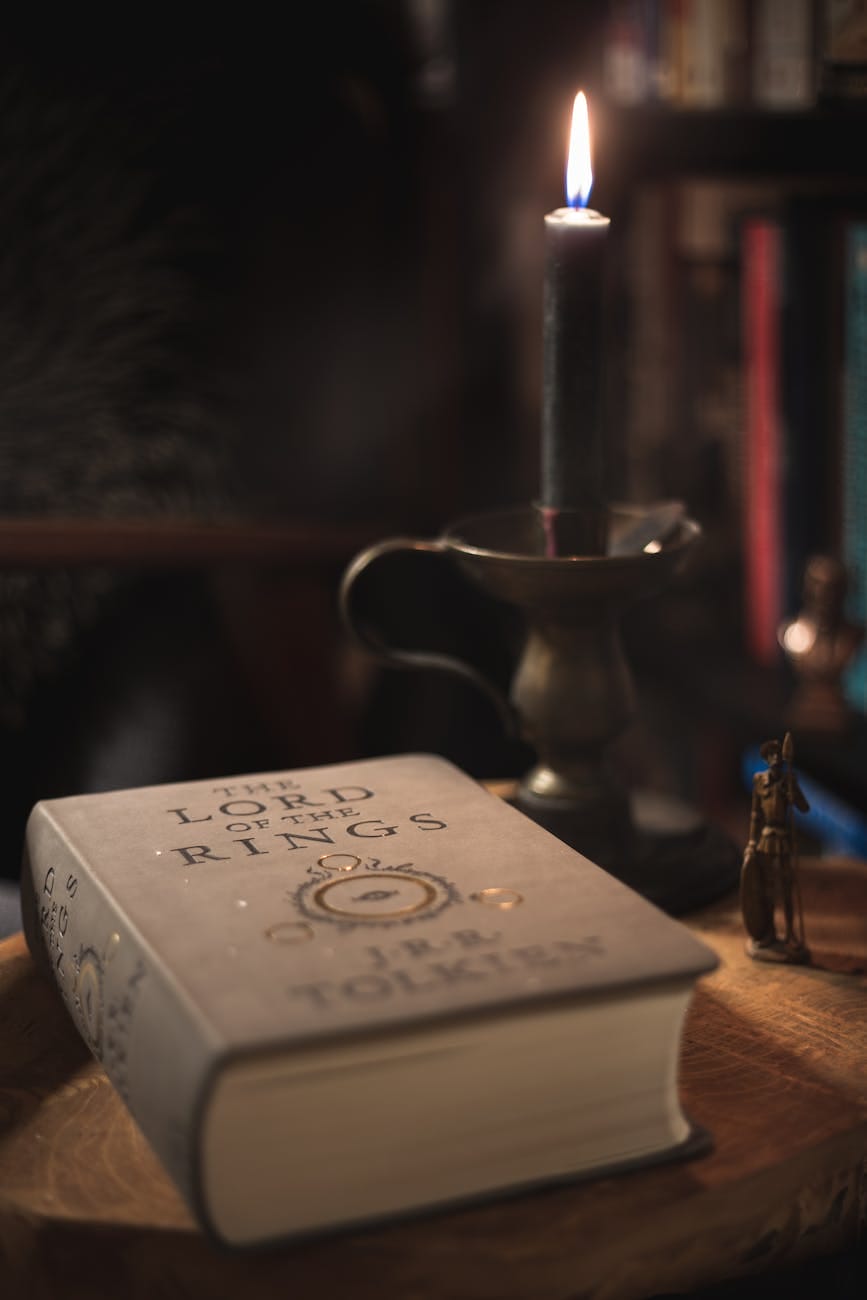
Similarly, when a perceived success within a creative process is carried or proxied through the use of AI, then the shadow is also taken from us. And, that robs us of the joy of success through our own means. There is no human spirit in it.
AI has all the adverse effects of any recreational drug
The use of AI is dangerous in the long run because it carries all the risks and problems of abused recreational drugs.
Using AI is pleasurable. As I said, it tastes good. When you’re stuck for ideas or want to get a boring job done quickly, AI can not only help you, but in same cases do the entire job for you. And, best of all, you can take all the credit!

Of course, as above, there are problems. Over time, you start to lose yourself in this “cheat-mode”. AI becomes a tool you turn to whenever you need a problem solved. Need some therapeutic self-talk? Need affirmation? Go prompt ChatGPT or Micosoft Bing chat for it. A chatbot can give you that verbal boost.
Have you ever lost your internet access? I’ve misplaced my phone and I know how it feels to be disconnected. It’s almost as if my creativity and productivity are cut off from the world. In the same way, AI becomes a dependency, an addiction.
If you try to stop accessing AI for help, there’s a pang, an itch. There’s something missing when you can’t get that chatbot to respond.
This feeling of loss, missing, is also called “withdrawal”. You know withdrawal. It’s a craving for something you can’t have right away.
And, the symptoms of AI withdrawal are hallmarks that you’ve become dependent. You’re not thinking for yourself anymore. You don’t try to process the problem, you go straight for a solution from AI.
AI and Drug Use: A Comparative Analysis
| Effects | Description |
|---|---|
| AI is Pleasurable | Similar to how recreational drugs offer temporary pleasure, AI too, provides immediate gratification. It can seamlessly perform tasks, generate ideas, and solve problems, often making users feel accomplished and productive. |
| Users Grow Dependent | Over time, users begin to lean heavily on AI, a pattern akin to drug dependence. People might start relying on AI tools for affirmation, idea generation, or problem-solving instead of using their own critical thinking skills. |
| AI can Lead to Stagnation | Just like how perpetual drug use can lead to life stagnation, overreliance on AI can result in creative and mental stagnation. Users may stop growing and learning as they let AI take the steering wheel. |
| Withdrawal Symptoms are Evident | When AI tools are not accessible, users may experience a sense of loss or withdrawal. This dependence mirrors the withdrawal symptoms seen in drug abuse. |
| AI can Erode Self-Identity | Continued use of AI, like the continual use of recreational drugs, can lead to a loss of self-identity. Users may stop questioning their creations or thinking critically about their work as they become more reliant on AI. This loss of self-awareness and critical thinking can lead to a self-identity crisis. |
| AI can Rob Users of Genuine Success | Much like how drugs can rob users of experiencing genuine highs in life, AI can rob users of genuine success. If AI completes most of the creative process, the joy and sense of accomplishment that comes with creating something with one’s own abilities gets lost. |
| AI can Create an Illusion of Control | Like how drugs can create a false sense of control and well-being, AI can create a deceptive impression of productivity and creativity, masking the actual stagnant or declining state of personal growth. |
How to Stay Creative (My Solution)
Oh, how do you measure a slice of infinity? You can’t. It’ll take you infinity and we don’t live forever.
So, what can you do to keep your creative juices flowing? Well, obviously is first way, relevant to this discussion is to limit your engagement with AI generative tools. Don’t become dependent on them.
Another is to give yourself permission to be wrong and experiment with different ideas. It’s okay if you end up not using those ideas, or maybe even discarding them after a while. But they’re important for the ‘process’ of creative thinking, which really does require a lot of trial and error before you come up with something unique.
The big one that I think that I’m naturally inclined to do to ensure I’m not following the lemmings is to “ignore authority”. Literally, I’m saying don’t believe what people tell you all the time. Avoid feedback, both good and bad. Follow your gut and try it. If it works, great. If it doesn’t, then you’ve learned. Now you’re the authority because of YOUR real experience.
Bottomline: Learn to embrace failure. Become safe to fail, so you’re safe to succeed.
Conclusion
The advent of AI has unquestionably revolutionized many sectors, offering unprecedented efficiencies and capabilities. While these tools can be beneficial, my personal journey with AI in the realm of creativity has been a cautionary one.
Much like the classic tales by Bradbury or King, where technology offers promises but extracts unforeseen prices, the allure of AI, for me, has been both a gift and a curse. It’s undeniable that AI can be a powerful ally in speeding up tasks and generating ideas. Yet, the risk of losing oneself, of eroding genuine creativity, and of becoming overly reliant on machines is palpably real.
For creators and thinkers out there, I hope my experience serves as a gentle reminder to strike a balance. Use AI tools wisely and as an aid, but never let them take the driver’s seat in your creative journey.
Cherish your unique voice, struggles, and the genuine joys of your accomplishments. After all, in the pursuit of art and introspection, it’s the human touch that truly matters.
Now the question is: Did I write this article using AI?
What do you think? Leave me a human-written message below!
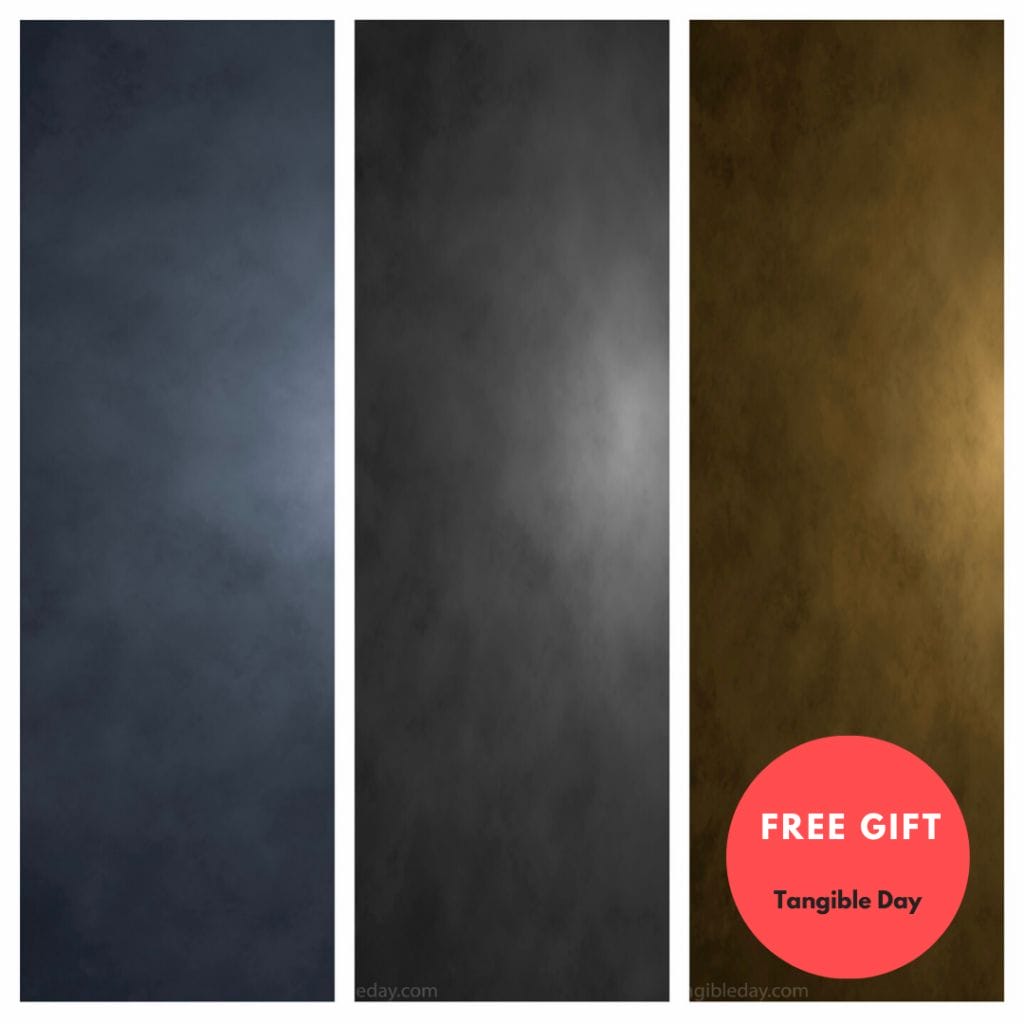
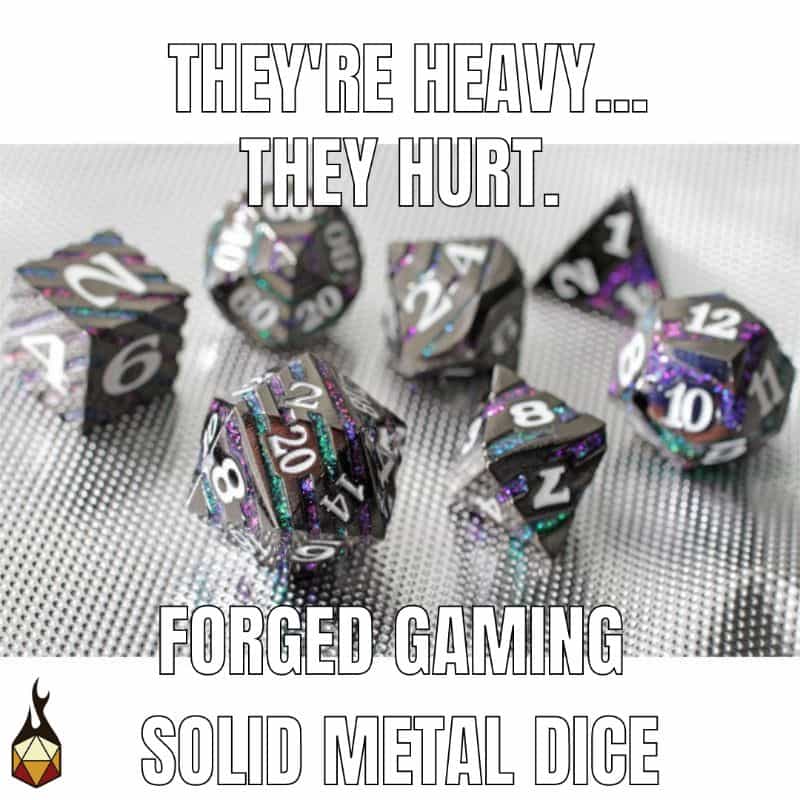

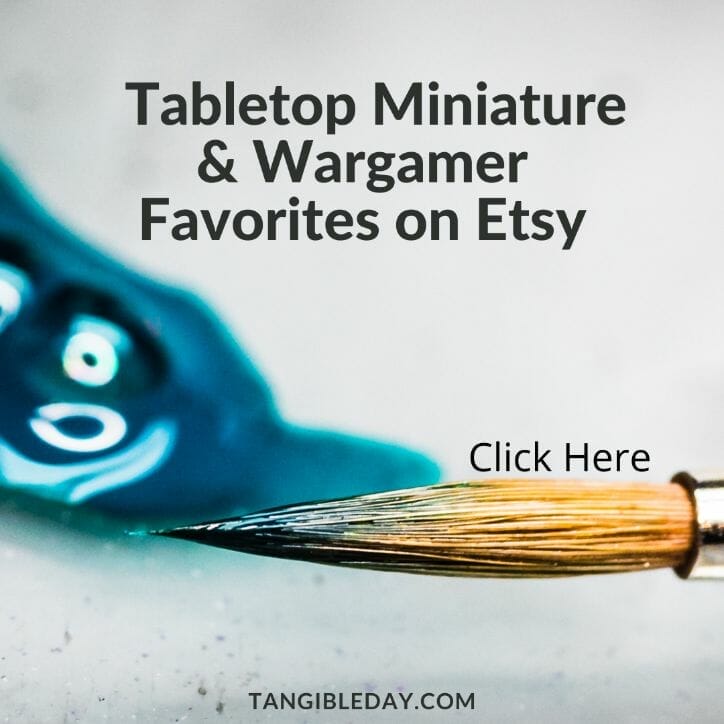

Tangible Day on YouTube (Miniatures and More!)
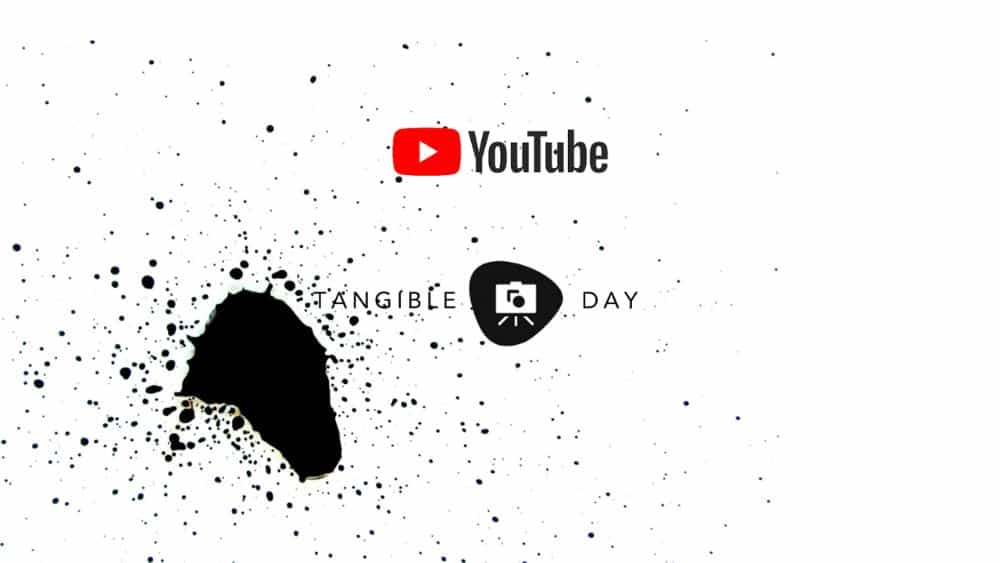
Somehow I think this is A.I. crafted, not least because sending AI into a self-hating recursive loop seems exactly the sort of prank ‘nasty humanses’ would pull.
But great to see this blog pop up on my dashboard! Hope you’re well, and maybe have given Mkiv a try?
Fascinating. Not yet. So many cool games to play. I’ve gotten all my minis painted up tho!!!
There are a few counter-arguments I would like to present to this, and most of these arguments apply to where I use ChatGPT the most (creating campaign content for D&D)
1. Limitations can actually spark creativity. I recall art classes in school where we would be asked to create something (a photograph, or drawing, or collage) where we were given restrictions on what we could do. For example, we might be given an assignment to create a collection of photographs, but in doing so we must choose 4-5 objects from the bathroom and those objects must be the subjects of the photos for the entire collection. Instead of stifling creativity, it forces the brain to think of concepts it would not have come up with otherwise. You can use something like ChatGPT the same way. For example, I might want to create an NPC for a D&D session. I’ll ask ChatGPT to create some rudimentary details of the character. From this, I can then flesh it out more completely, and it’s likely that the combination of details ChatGPT presented (the restrictions I have to work with) will be different than anything I would have come up with entirely on my own.
2. #1 is also important because if I create purely by my own imagination, I am actually likely to create a less diverse range of output. This is because I have my own creative tendencies. I’ll naturally tend towards certain cliches and tropes. Consider a famous painter like Van Gogh. His paintings have an unmistakable style. He never painted anything that could have been mistaken for Da Vinci or Rembrandt. Which, for a painter, is good, because it’s important for a painter’s work to be recognized. But for my purposes, I don’t care if the players in the game I run think I personally designed each character or not. What’s more important is that there aren’t patterns, that players can’t start to subconsciously pick up on patterns to intuit aspects of NPC personality. I don’t want my NPCs to be recognizably stamped with my own tendencies.
3. There are areas where something like ChatGPT (more specifically, GPT-4) can do things that a human cannot do. For example, I have a long running programming project that generates randomized content for D&D. The computer needs to be able to output the content without human intervention. Now suppose that my project’s monster encounter generator, when provided with a few seed variables (such as the type of terrain, the average level of the party, and the time of day) then outputs randomized data that includes the type of monsters, the number of monsters, all of the individual monster data, what the monsters’ present mood and activity are, etc. And now I want the generator to create a neat paragraph in descriptive form, basically the equivalent of what you find in printed adventures where there is a box of text the DM is meant to read to the player group. Putting all of that randomized data into normal language that (ironically) does not sound robotic is nearly impossible unless a) a human does that work, which is not at all feasible if I want this web application to be able to run for any number of people, any time of day, or b) I have GPT-4 parse the data and write the paragraph. In my experiments providing GPT-4 with JSON data for this purpose, it’s surprising how little explanation it needs for the variables passed. It does this very well.
4. In my experience, it’s an incredible tool for programming assistance. Many situations where I have written a function in PHP or Java but I can’t quite figure out how to get it to do what I need, and ChatGPT almost always provides efficient and accurate solutions (just make sure you test it because occasionally it makes something up).
Wow! This is definitely interesting. I’m gonna respond more shortly with more thoughts. For now, I’ll would add the caveat that as a tool toward creativity, AI is amazing. But I’ve been making AI the primary driver of the effort. From your examples above, you’re leveraging AI like you would a calculator or an excel spreadsheet (using macros) to speed up something a human could do. #1 is interesting to think about. What is truly unique tho? In your case, it is the sun of the parts being unique and better/different than the parts alone. The individual parts are recursively added/combined to make something new. Perhaps that’s the future of human innovation. Maybe, At some point, discoveries or innovations that become pivotal to human existence won’t be purely human-made.
Thanks for this comment. I’m going to chew on what you wrote some more. I am certainly not knocking AI. It’s amazing for so many things I do. I’m just highlighting an area where I’ve slowly found myself getting creatively “lazy”.
I think AI is great but you have to use it as a tool to collaborate with or alongside. It can’t really think creatively or add your personal stories and experiences. You have to bring that. It’s more aimed to brainstorm ideas and flushing out new things might not have thought about.
I mean, sure, you can ask it questions you already know the answer to but that’s the user not asking the right questions. Instead, ask it things like, “what are some historical and modern day examples of painting in the style of “Grimdark” Then always cross reference because it will just make shit up if it don’t know lol. But, in these type of questions you might find new areas to explore with your topic.
As far as Art, or creating art, which seems to be a hot debate right now, I think it will be much like photography. We all have millions and millions of photos on our phones but that don’t mean they are all pictures. Most are just snapshots and that’s what most of the stuff being pumped out is because the art is in the eye, not the device.
This isn’t to say it’s not useful though. It brings art to places where none existed before. For example, maybe we are playing a game of D&D and I generate a couple prompts to display the creature your about to fight, or the NPC your going to run into.
Or maybe I just want a quick visual reference to a tweet or blog post I’m going to write. Or hell, maybe I just want to write in my dream diary and create a quick visual reference now just for fun, see how the AI interprets my dream diary, etc. This is what I mean, it brings art to places where none exist before.
This is how I imagine AI Art generators mostly being used, as a a way to quickly bring fourth a visual reference. Still, I do think some artists will take the output, and add their own artist style, soul, whatever, etc. For example, a collage artist using it to generate new unique material instead of using existing material.
Artists are artists, there is no danger of losing that. Writers and creatives have a different kind of soul. They will choose film photography over the easier less messy digital, etc. They will break out the paints instead of just painting digitally on the computer. Or, they will do both.
Finally, I do want to say I understand where you are heading with this article. We do have to be careful because it is easy to sort of just lose ourselves to easy mode. Like, you ask AI to write it for you and pretty soon you are asking AI to do too much because it’s easy. We do have to acknowledge that it is a great tool but it’s only a tool, not a replacement for You.